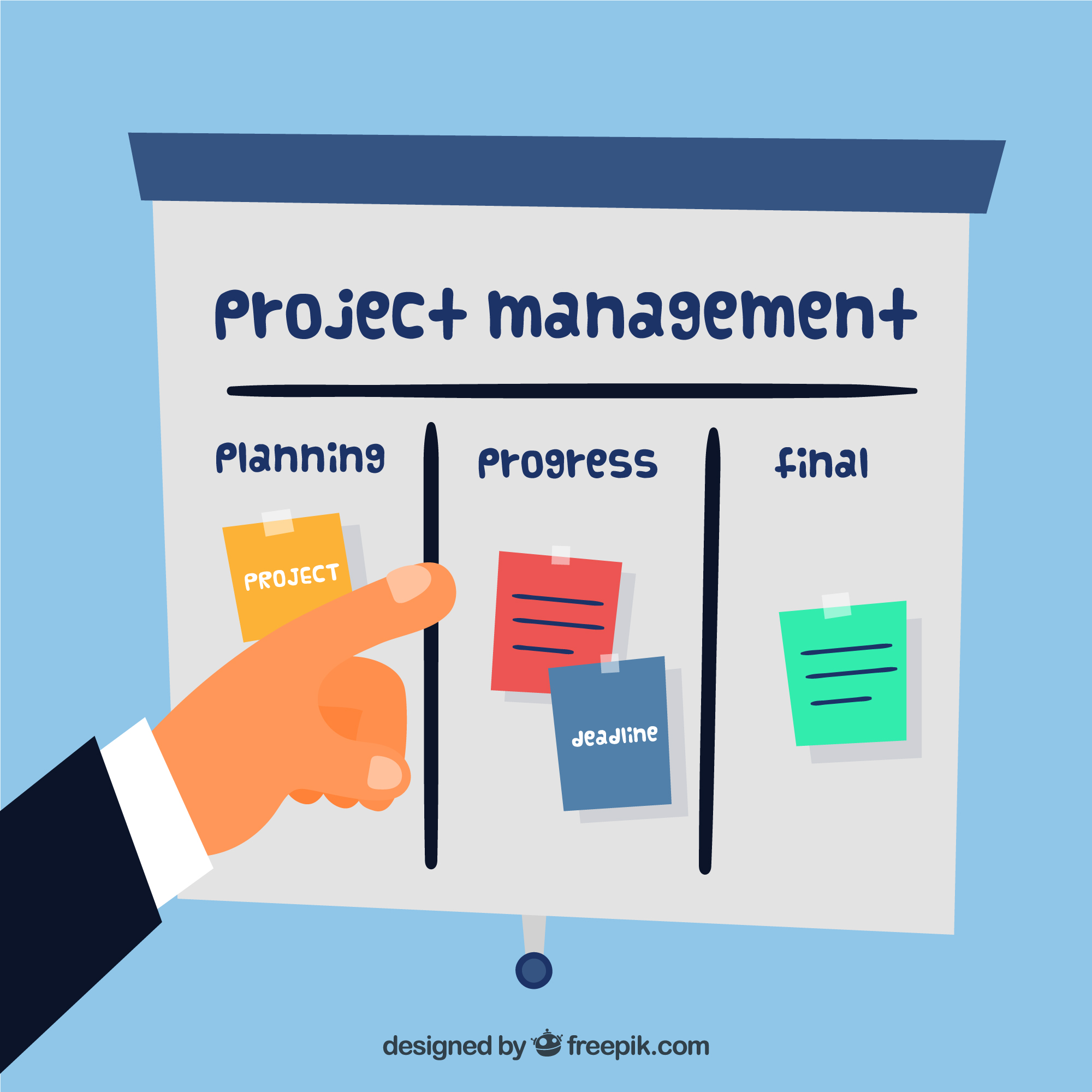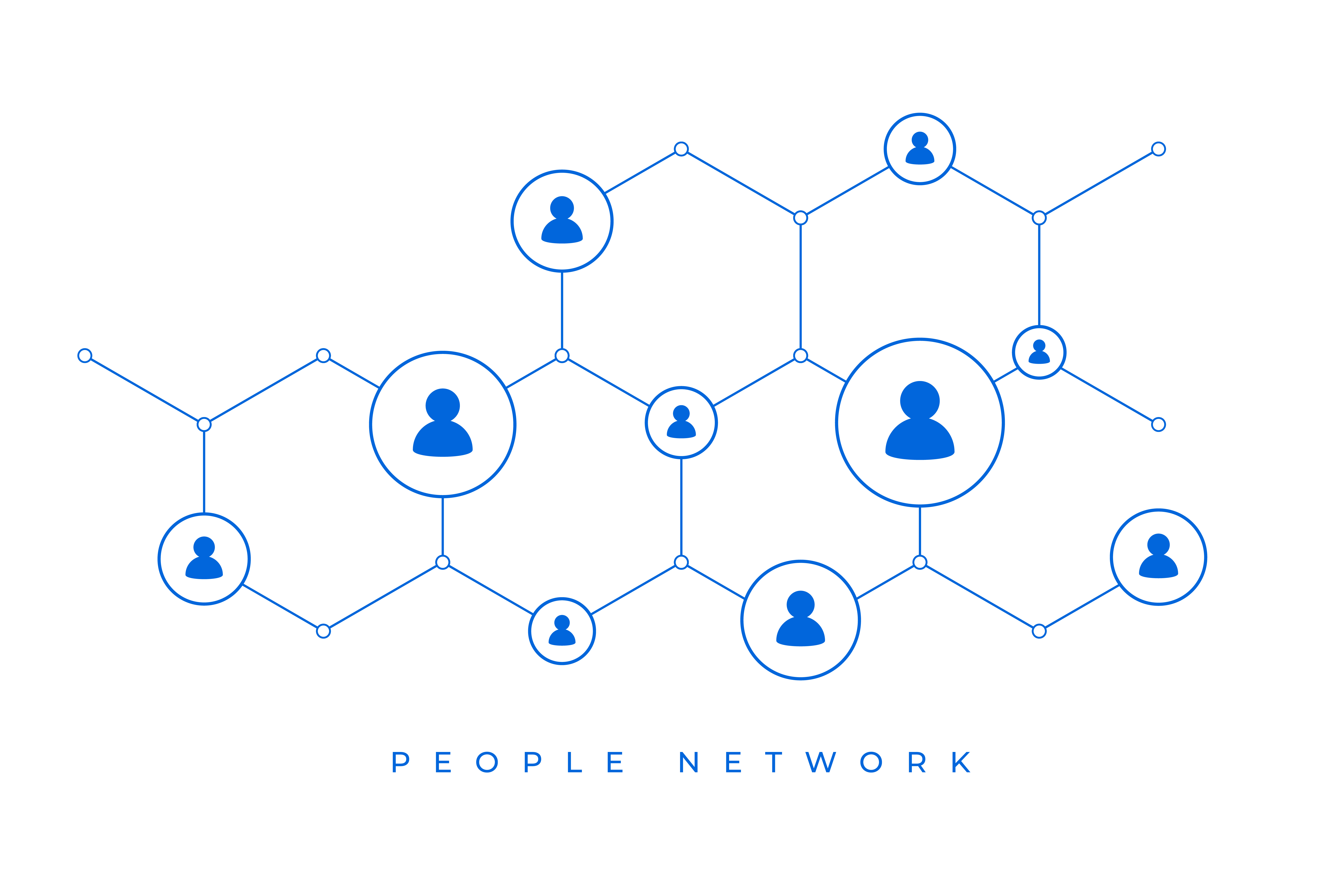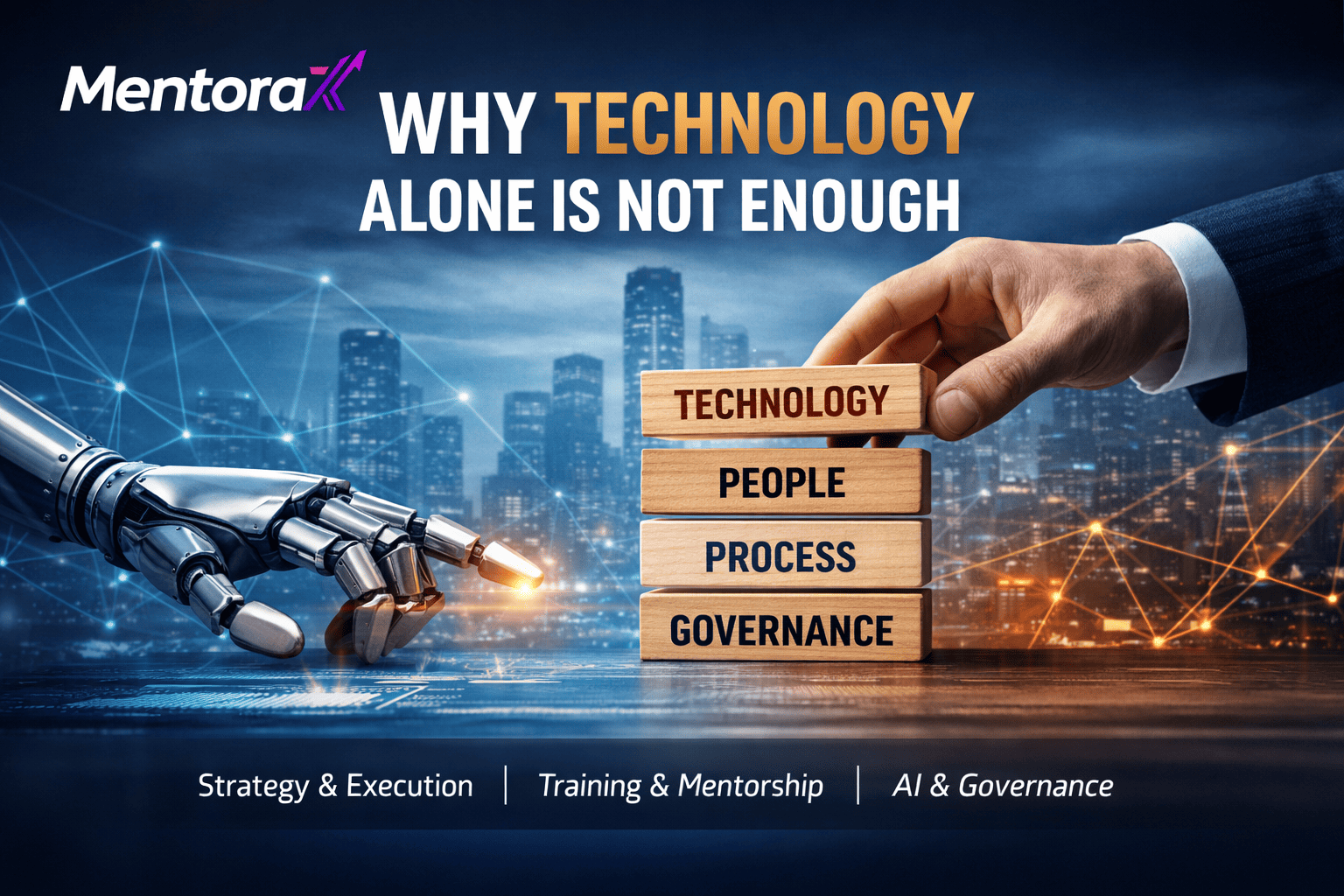The Importance of Mentoring: How to Find a Great Mentor and How to Be One
- Author :
- Date : 09 Aug 2025
- Time : 11 Min to read

The Power of Mentorship: How to Find a Great Mentor — and Become One
Mentorship can be a transformative force in professional growth. For mentees, it provides guidance, feedback, and exposure to new opportunities. For mentors, it offers leadership development, fresh perspectives, and personal fulfillment. In a world where career paths are less defined than ever, mentorship relationships bring clarity, confidence, and community.
This comprehensive guide explores the benefits of mentorship, provides practical steps for finding and nurturing mentor–mentee relationships, and highlights how investing in mentorship strengthens both teaching and learning outcomes.
Why Mentorship Matters
- Accelerates professional development through targeted learning and advice
- Builds confidence and motivation through validation and support
- Expands networks through introductions and professional connections
- Enhances leadership skills for mentors through teaching and guidance
- Creates accountability to keep mentees aligned with their goals
- Promotes inclusivity, diversity, and knowledge transfer across teams and industries
Benefits for Mentees
- Focused guidance and actionable feedback
- Clarity on career roadmaps based on mentor experience
- Access to insider knowledge about industry trends
- Skill-building opportunities in communication, negotiation, or technical areas
- Emotional support during career transitions or setbacks
Benefits for Mentors
- Strengthened leadership and communication skills
- Personal satisfaction from helping others succeed
- New perspectives inspired by mentee challenges
- Recognition as a trusted advisor and role model
- Contribution to organizational culture and succession development
Finding the Right Mentor
1. Define Your Goals and Needs
- Do you want to develop leadership, technical, communication, or industry-specific skills?
- Are you preparing for a promotion or navigating strategic changes?
- Identify three specific skills or milestones you’d like mentorship support for.
2. Look Within and Beyond Your Network
- Internal resources: managers, alumni, or senior colleagues
- Professional associations, LinkedIn groups, or industry events
- Workplace or conference-based mentorship programs
3. Approach Professionally
- Write a clear introduction that explains your background, goals, and reasons for seeking mentorship.
- Suggest an initial 30-minute meeting to explore compatibility and expectations.
- Show that you’ve researched their background and value their time and experience.
Setting Up a Successful Mentorship Relationship
Establish Structured Engagement
- Agree on a meeting schedule (monthly, biweekly) and preferred communication format.
- Share an agenda before each meeting to stay focused.
- Use a shared document to track progress, action items, and feedback.
Define Shared Goals and Expectations
- Clarify the mentee’s objectives and desired outcomes.
- The mentor shares their approach, availability, and communication norms.
- Discuss how to handle confidentiality and feedback respectfully.
Emphasize Active Listening and Curiosity
- Mentees should ask open-ended questions and reflect on insights.
- Mentors should provide encouragement and constructive feedback.
- Both should ensure mutual understanding and trust.
Create Mutual Accountability
- Set measurable milestones such as skill development or project completion.
- Review progress regularly and adjust goals when needed.
- Celebrate achievements to sustain motivation and momentum.
Becoming an Effective Mentor
To become a successful mentor, adopt the following practices:
- Model best practices such as time management and continuous learning.
- Share experiences transparently, including failures and lessons learned.
- Ask powerful questions to deepen the mentee’s reflection and confidence.
- Provide specific, actionable feedback highlighting strengths and growth areas.
- Facilitate networking through introductions, resources, or event invitations.
- Invest in your own development by learning coaching techniques and mentorship frameworks.
MentoraX Mentor Training
Mentorship thrives on facilitation skills, structured dialogue, and real-world practice.
Our Train-the-Trainer (ToT) pathway provides a solid foundation in these areas. In ToT sessions, you will:
- Practice communication skills such as paraphrasing and empathetic listening.
- Facilitate group discussions and peer coaching simulations.
- Learn adult learning theories and best practices in mentorship.
- Receive feedback from facilitators and peers to refine your mentoring presence.
By completing this training, you’ll emerge as a prepared mentor capable of guiding individuals, leading workshops, and hosting mentorship circles with confidence.
Sustaining a Meaningful Mentorship Relationship
- Be consistent with meetings and mutual commitments.
- Adjust goals if circumstances change or new opportunities arise.
- Request feedback on communication style, impact, and areas for improvement.
- Conclude the relationship formally once goals are achieved—reflect on progress, transitions, and next steps.
- Stay connected—check in periodically and celebrate successes together.
Measuring Mentorship Success
- Document mentee growth by tracking metrics such as promotions or new skills gained.
- Use feedback surveys to assess satisfaction and learning effectiveness.
- Track mentor time commitment and engagement to ensure sustainability.
- Evaluate business or team outcomes linked to mentorship, including retention rates and performance improvement.
Examples of Mentorship in Practice
- A marketing assistant mentored by a content strategist receives feedback on writing and SEO techniques.
- A junior developer paired with an engineering lead tackles technical challenges and gains confidence.
- A new manager mentored by a senior people leader builds communication rituals and stakeholder influence.
- A career changer in business development gains sales mentorship and secures their first deal.
Final Reflections
Effective mentorship empowers both mentors and mentees. When relationships are built on trust, structured goals, and consistent engagement, they bring acceleration, clarity, and fulfillment to careers and organizations.
If you aspire to become a confident mentor—or seek deep, meaningful guidance—the MentoraX Train-the-Trainer (ToT) course equips you with the skills and frameworks to build an impactful mentorship and coaching practice.
Start today by defining your goals, intentionally reaching out to potential mentors or mentees, and committing to purposeful, respectful engagement.
Mentorship doesn’t just transform careers—it strengthens communities and builds the leaders of tomorrow.
Related Posts




09 Aug 2025 • 11 Min Read
The Importance of Mentoring: How to Find a Great Mentor and How to Be One
None



09 Aug 2025 • 12 Min Read
The Art of Salary Negotiation: What Every Young Professional Should Know
None







09 Aug 2025 • 8 Min Read
Building a Personal Brand in the Digital Age: A Guide for New Professionals
None






12 Jan 2026 • 7 Min Read
MentoraX Approach: Why Technology Alone Is Not Enough
Why sustainable transformation requires more than tools—and how MentoraX connects technology, people, and execution.